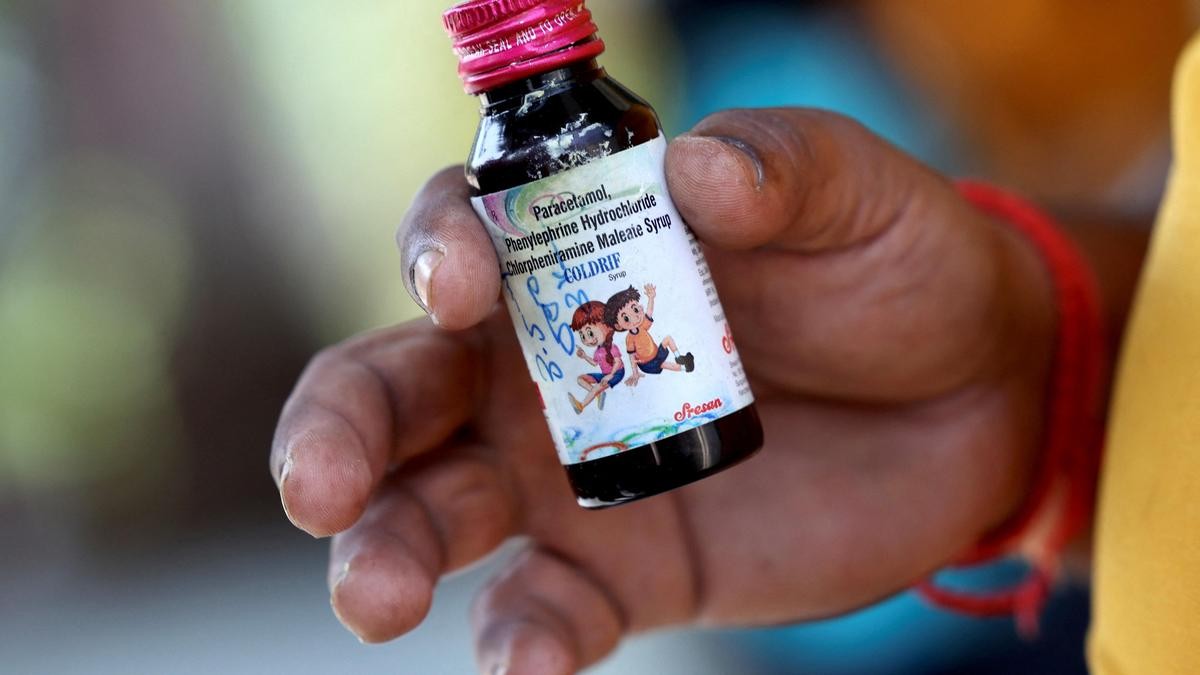





Source: IndianExpress
Disclaimer: Copyright infringement not intended.
Context
Details
Benefits of Donanemab
Risks and Side Effects
Must read articles:
Sources:
|
PRACTICE QUESTION Q. Discuss the socio-economic impact of dementia on individuals, families, and healthcare systems, and propose strategies for improving dementia care in developing countries like India. (150 Words) |







© 2026 iasgyan. All right reserved